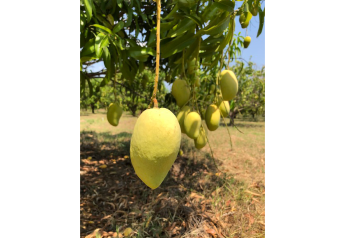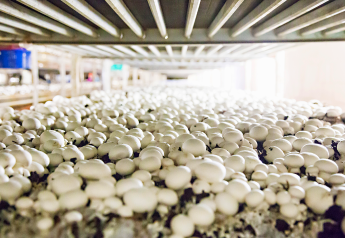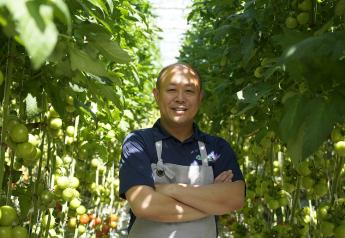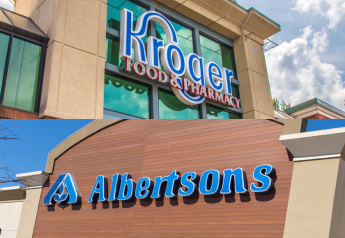Farms, packinghouses now under Defense Production Act
Packer Interview - Jennifer McEntire May 21
The U.S. Department of Agriculture now has the authority under the Defense Production Act to help prevent supply interruptions at Food and Drug Administration-regulated food facilities, including farms, packinghouses and fresh-cut processing facilities.
In theory, USDA could force produce facilities to stay open even if state or local officials want plants to close because of a spike COVID-19 cases.
Building off an executive order in late April aimed at keeping meat processing plants open, the USDA and FDA signed a memorandum of understanding that gives USDA authority over FDA-regulated foods, including fruits and vegetables.
“This action is another in a series of proactive steps the USDA and FDA have taken to maximize food availability following unprecedented disruptions the COVID-19 pandemic has caused to food supply chains that have been established and refined for decades,” the USDA and FDA said in a statement attributed to Mindy Brashears, under secretary for food safety for USDA, and Frank Yiannas, FDA deputy commissioner for food policy and response.
“This is an important preparedness effort as we are approaching peak harvesting seasons, when many fruits and vegetables grown across the U.S. are sent to be frozen or canned,” the statement said. “The MOU creates a process for the two agencies to make determinations about circumstances in which the USDA could exercise its authority under the Defense Production Act (DPA) with regard to certain domestic food resource facilities that manufacture, process, pack, or hold foods, as well as to those that grow or harvest food that fall within the FDA’s jurisdiction.”
Jennifer McEntire, vice president of food safety and technology or the United Fresh Produce Association, said the MOU is something that could be useful to have in case of supply disruptions related to COVID-19.
“Ideally, we would not need it, and we wouldn’t have those types of closures, and the visibility associated with those issues that the meat industry has,” she said. “I think that this is a proactive step that the USDA and FDA have taken to work together in the event that something catastrophic should happen.”
McEntire said the industry is working to prevent the spread of COVID-19 by putting in place guidance available from trade associations and some states. The Centers for Disease Control is expected to issue general guidance for food operations related to COVID-19 but hasn’t done so yet.
“I don’t expect that it is going to be commodity-specific or sector-specific, although I do think it would be helpful to have that standardized guidance coming from some kind of government authority,” McEntire said.
USDA regulates food safety of meat, poultry and eggs, while the FDA covers all other food, including fruits and vegetables.
The USDA/FDA statement said outbreaks of COVID-19 among workers at food resource facilities or among harvesting crews could lead to reduction in production capacity.
“Likewise, actions by states or localities could lead to the closure of food resource facilities or to commodities not being harvested,” according to the statement. “ ... Food resource facility closures or harvesting disruption could threaten the continued functioning of the national food supply chain, undermining critical infrastructure during the national emergency.”
A news release from Farmworker Justice, an advocacy group for farm workers, said the MOU would not necessarily prevent supply disruption.
“It’s unclear what the administration intends to do if its failure to require protections for workers leads to widespread illness among workers on farms and in processing facilities,” president Bruce Goldstein said in the release. “Would they continue to work while being sick? Would they be replaced? If so, by whom?”







